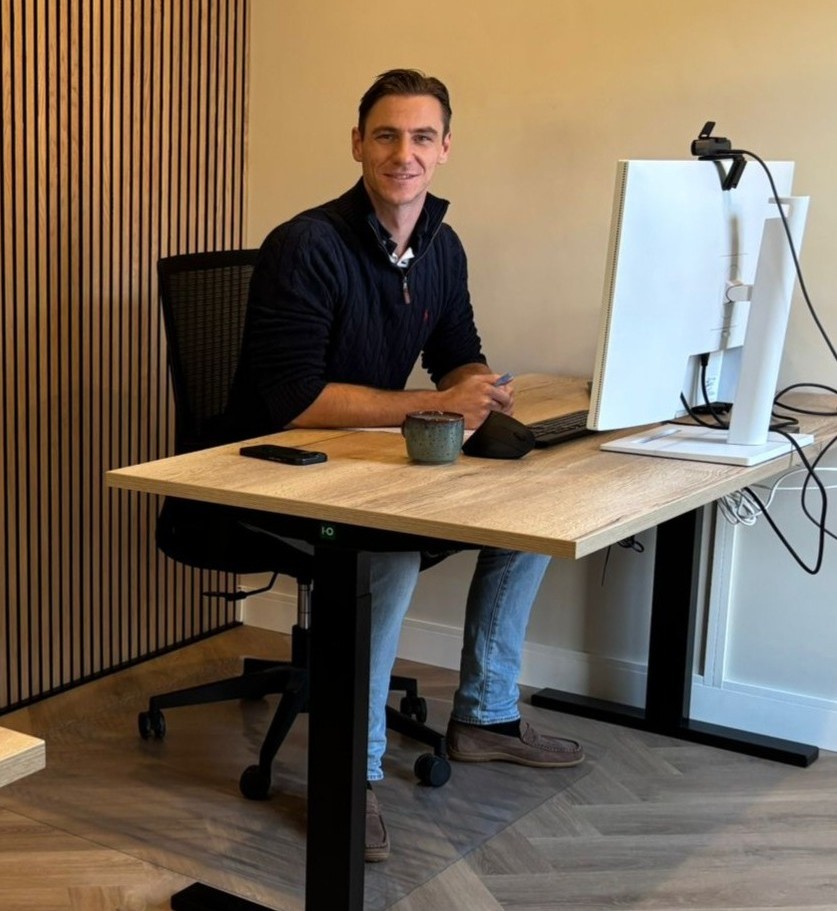When we think of The Netherlands, we tend to think of windmills, tulips, Amsterdam, canals and bikes. However, when you move to the beautiful country of The Netherlands, you will notice that much more awaits you than just this. The Dutch have a very organized system which makes moving to The Netherlands straight forward as longs as you follow the right steps. In this article, we intend to outline the big lines to consider and organize before and upon moving to The Netherlands. Here they are:
Visa and Residence Permits: Before moving to the Netherlands, it is crucial to determine the appropriate visa or residence permit required for your stay. The type of visa you need will depend on factors such as your nationality, purpose of stay, and duration. Visit the website of the Dutch immigration authorities (IND) to learn about the specific requirements and application procedures. If you are applying for a role and require sponsorship from a company, make sure to communicate and ask this up front.
Social Security Number (BSN): Upon arrival in the Netherlands, you will need to register at the local municipality (gemeente) to obtain a citizen service number (Burger Service Nummer or BSN). The BSN is essential for various administrative tasks, such as opening a bank account, signing rental contracts, and accessing healthcare. Schedule an appointment with the gemeente and bring the necessary documents, including your passport and residence permit.
DigiD: This is short for Digital Identification. It is a very useful, online ID that allows you to access many services and government websites in the Netherlands. It’s like a digital version of your passport or driving licence. There are many organisations in The Netherlands where you can use DigiD to log in and carry out certain actions. For example, doing your taxes, applying for benefits and allowances, checking your pension and many more. Check this website to read more.
Housing: Securing suitable housing is a top priority when moving to the Netherlands. The Dutch rental market can be competitive, particularly in major cities like Amsterdam, Rotterdam, and The Hague. Start your search early and consider using reliable real estate websites, local rental agencies, and social media groups to find available options that fit your needs and budget. Funda is a reliable website if you are looking to buy or rent a property in The Netherlands. Be prepared to provide the necessary documents, such as proof of income, identification, and rental history.
Health Insurance: Healthcare in the Netherlands is of high quality but can be expensive. As a resident, you are legally required to have health insurance. Research different health insurance providers and compare coverage and costs. Depending on your situation, you may be eligible for public or private health insurance. Ensure you have health insurance coverage from your arrival date to avoid any potential issues.
Bank Accounts and Finances: Setting up a bank account in the Netherlands is essential for managing your finances effectively. Research different banks to find one that suits your needs and offers services in English. An example of some banks which Expats use are: ING, ABN AMRO and Rabobank. Prepare the necessary documents, such as identification (you must have a BSN), proof of address, and proof of income, to open an account. Consider informing your current bank about your move to ensure a smooth transition of funds and international transactions.
Language and Integration: While many Dutch residents speak English fluently, learning the local language, Dutch, can greatly enhance your experience and integration into the culture. Consider enrolling in language courses or using language learning apps to get started before your move. Additionally, familiarize yourself with Dutch customs, traditions, and etiquette to facilitate your transition and build connections with locals.
Transportation: The Netherlands has an excellent public transportation system, including trains, buses, trams, and bicycles. Research the transportation options available in your area and consider obtaining an OV-chipkaart, a contactless smart card used for public transport. If you plan to drive, familiarize yourself with Dutch traffic rules and regulations, and check if your driver’s license requires validation or translation.
A couple of website which can be useful for Expats moving to The Netherlands are:
- Ind.nl – this is the Dutch government agency that handles the admission of foreigners in the Netherlands (Visas etc..)
- government.nl – immigration information from Dutch central government
- iamexpat.nl – They provide useful information about integrating in The Netherlands. they also host trade shows where you can meet with local companies and potentially meet
Conclusion: Moving to the Netherlands requires careful planning and organization to ensure a smooth transition. By arranging these essential aspects before your move, such as visas, housing, health insurance, bank accounts, language learning, transportation, and obtaining a BSN, you can set a solid foundation for a successful and enjoyable life in the Netherlands. Embrace the opportunities this beautiful country has to offer and make the most of your expat experience.
In case you have any further questions, feel free to reach out to one of our experts today. We are very familiar with the process of moving to The Netherlands and are happy to answer any questions yo may have.

















